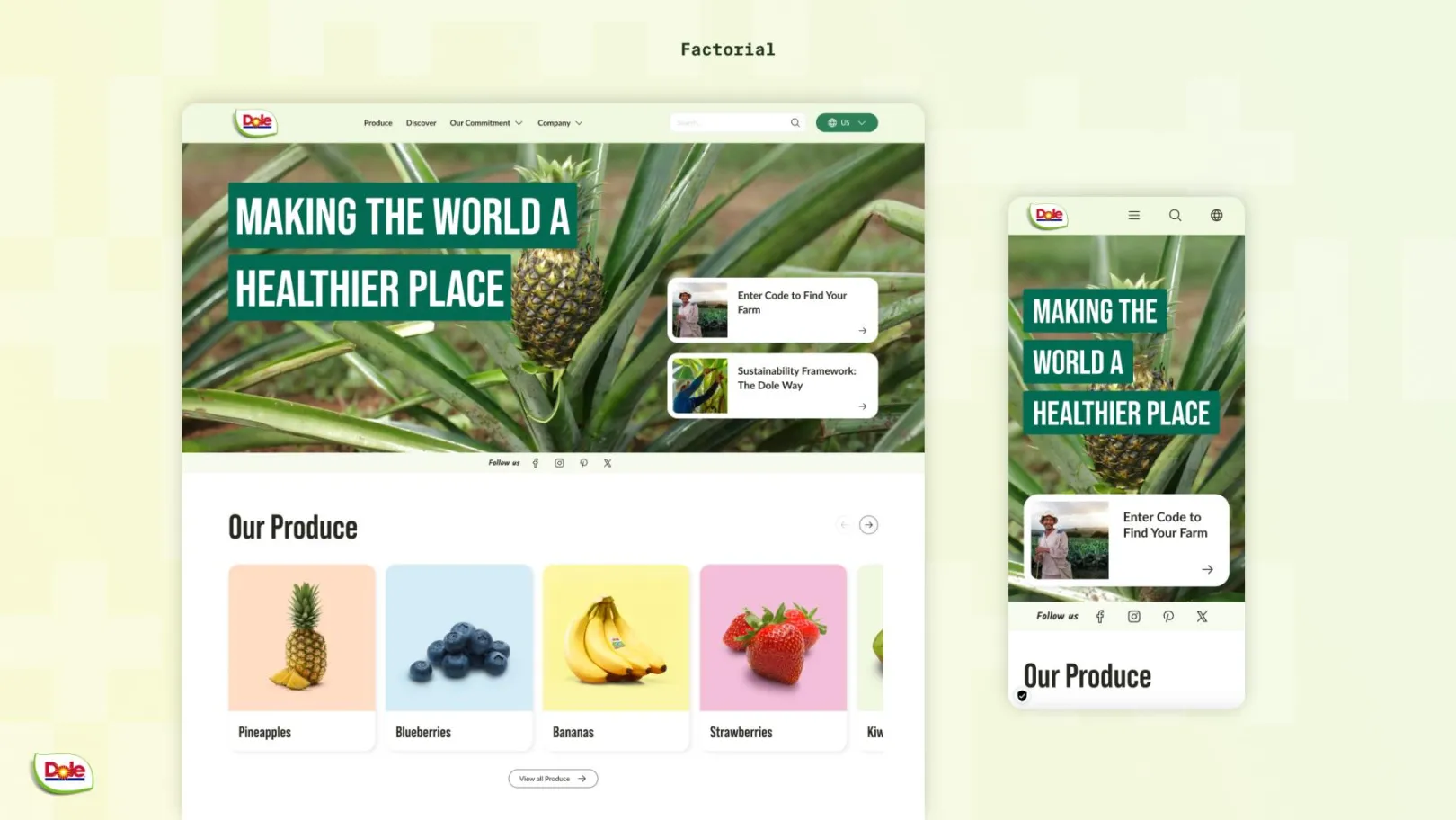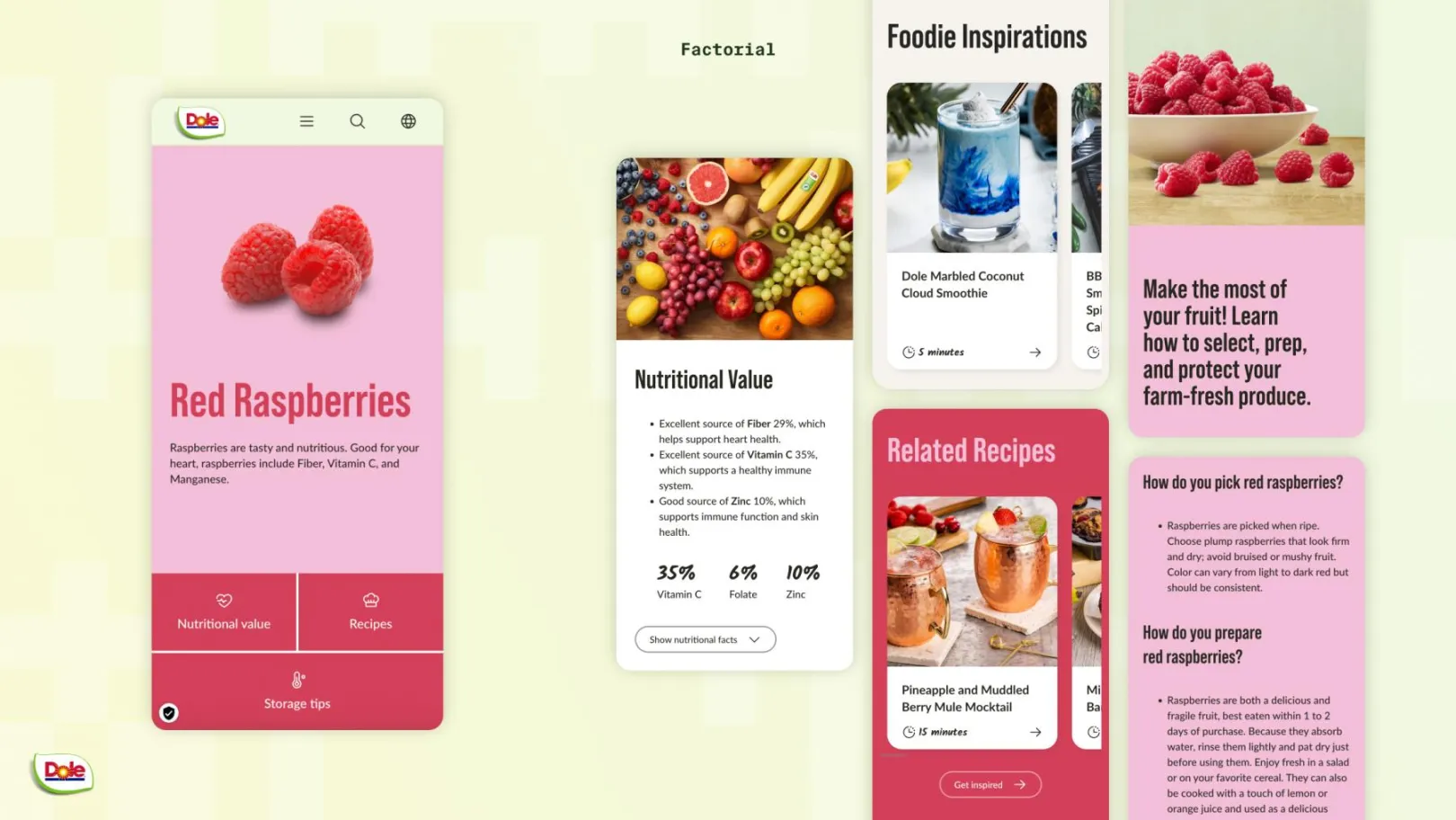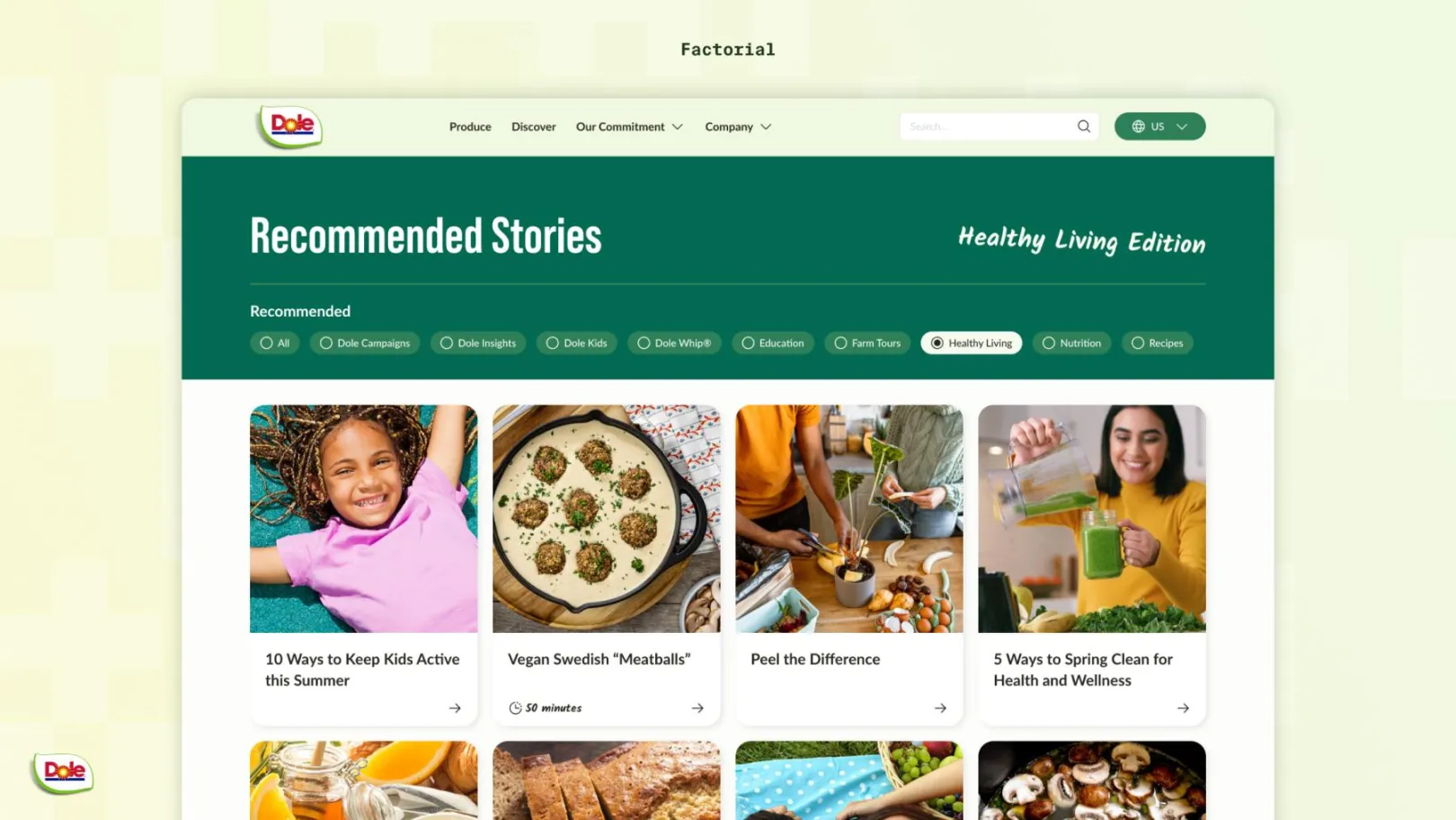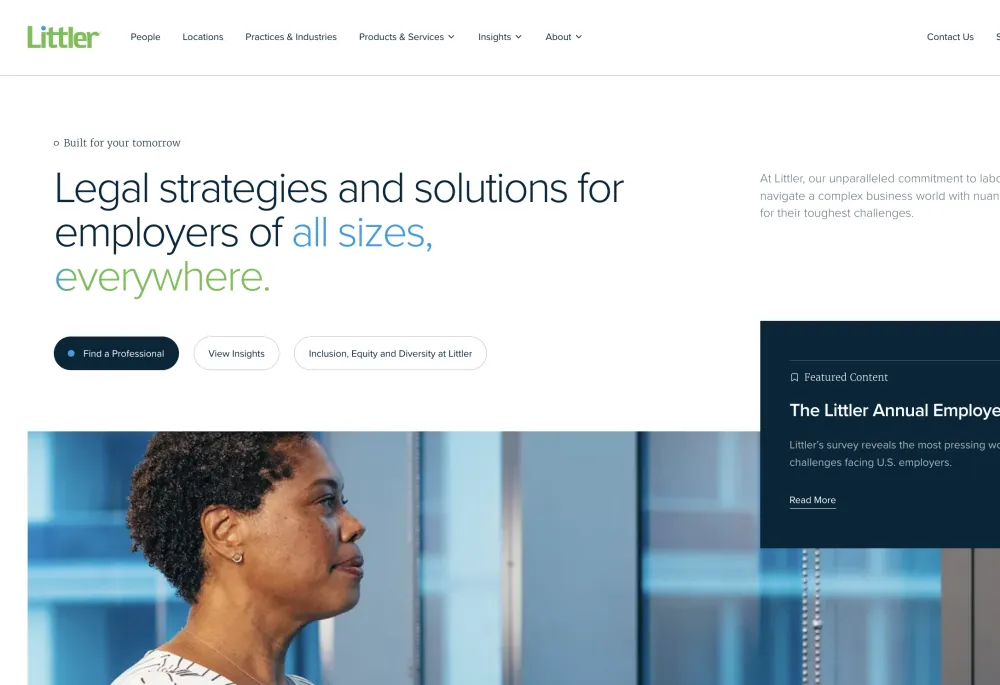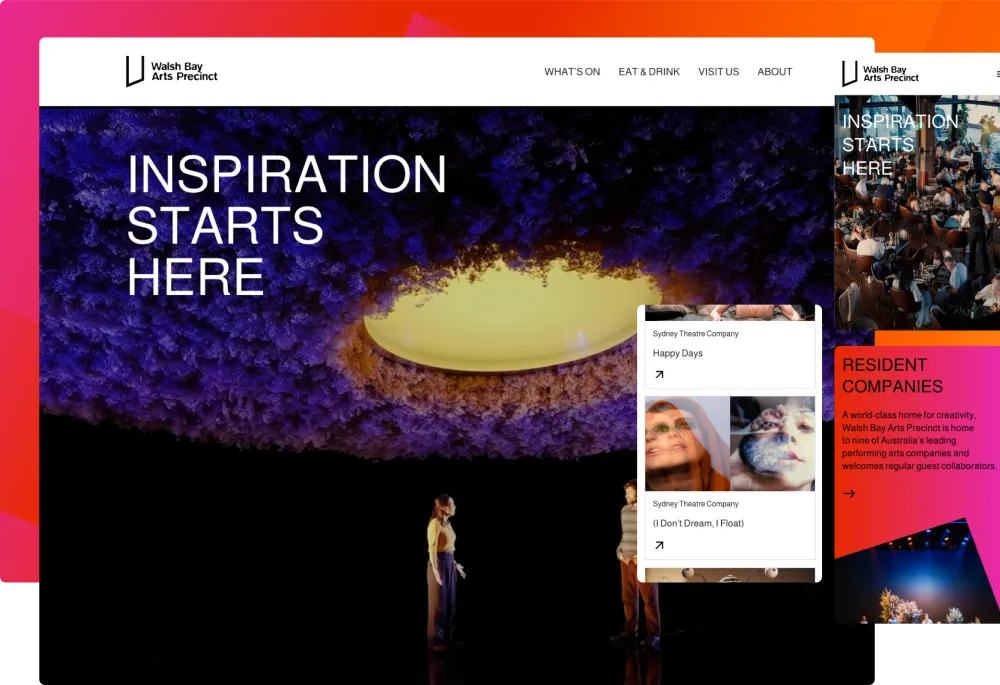Sector(s)
Team Members
Visit the site
Visit the siteOrganizations Involved
Community contributions
As a Drupal Certified Partner Platinum and as a Supporting Partner and Organisation Member of the Drupal Association, Factorial has been contributing to the global Drupal community since it was founded in 2015. By sponsoring and organising events (Splash Awards, DrupalCamp, Drupal User Group Hamburg), sponsoring development time for our Drupal developers and submitting sessions, we actively invest in the further development of the framework and the community. As a member of Drupal Business e.V., we are also committed to marketing Drupal in the DACH region.
Several contributions were made as part of the Dole project. A selection:
TMGMT: Fixing broken styles on TMGMT translation page.
Tagify: Maintainer of the module is part of our team. Due to its importance for web projects, the module has become part of Drupal CMS.
RIFT (Responsive Image Formatter Tools)
-
https://www.drupal.org/project/rift
The module offers a comprehensive, yet user friendly toolkit for implementing responsive image strategies using modern HTML techniques. The unique solution allows advanced aspect ratio control of responsive images while preserving editorial control. -
Session:
10,000 pages, 9 languages, 1 week
That’s how global content is done at Dole.
Quality and quantity – A contradiction (or not)?
From the outset, Dole has centered around a simple yet powerful principle: quality, quality, quality. What started with a clear mission has developed into a global success story. Today, Dole is one of the leading companies in the fresh fruit and vegetable sector — active in numerous markets and with a broad product range.
However, this very international presence comes with its own set of challenges: How can you ensure that brand messages in multiple countries and languages are not only understandable but also consistent and easily accessible?
About the project
Sustainable. Translated.
For Dole, sustainability is not just a buzzword; it’s a core value in action. From farm to table, the company has a clear goal: to produce food that is not only healthy but also beneficial for the planet. Resource conservation, environmental protection, and responsibility toward employees are part of the brand’s DNA. Yet, this is precisely where a contradiction emerged: translation management remained a manual process — time-consuming.
Over 10,000 pages of content regularly had to be translated into up to 9 languages — involving extensive copy-pasting, unclear responsibilities, and significant effort. A process that was neither scalable nor aligned with the company’s own sustainability goals.
To stay competitive in a modern, global environment—and integrate agility, efficiency, and sustainability—it became clear: Dole needed a solution that reimagines translation. One that is automated, consistent, and resource-efficient.
Our goal was to transform a complex, manual translation process into a modern streamlined automated workflow — without additional licensing costs but with maximum impact.
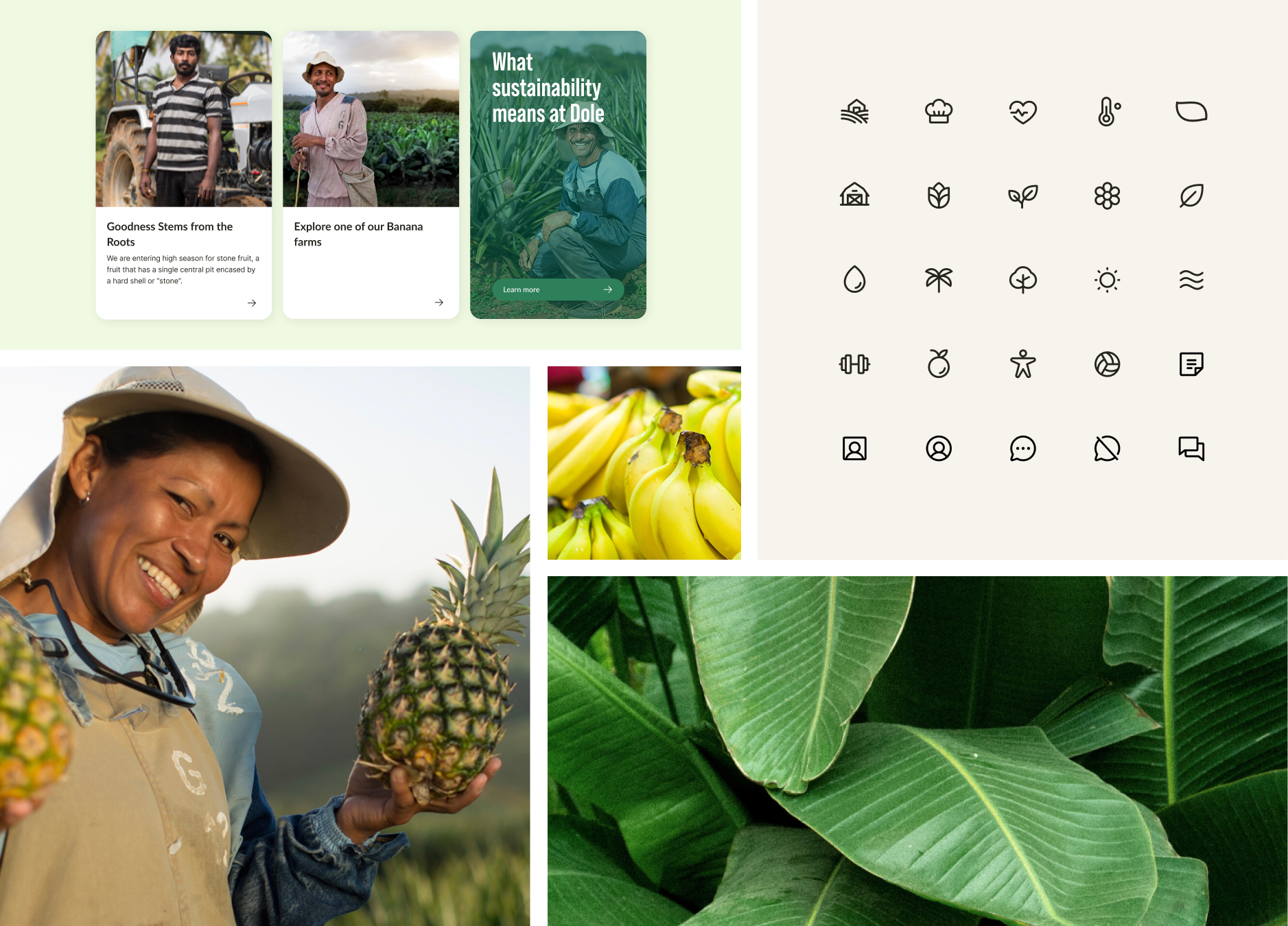
The key questions we asked ourselves:
- Which manual processes are the most resource-intensive, and how can they be standardized?
- Where are the major bottlenecks in the existing workflow?
- What are the requirements of the marketing teams in each country?
- How can the process be automated in a way that ensures quality and consistency?
- Which solutions are compatible with the existing technical infrastructure?
- What is scalable in the long term — without licensing costs but with high efficiency?
Together with Dole, we chose a solution that combines three key components:
Centralized translation directly in the CMS.
It brings all translation processes together in one place — no switching back and forth between tools, no media disruptions.
Automation at the highest level.
By integrating with DeepL, content is automatically translated — quickly and with impressive linguistic quality.
Intelligence for large volumes of data.
To efficiently process thousands of pages, we developed a custom feature that enables bulk translations at the push of a button — without having to trigger each article individually.
Numbers everyone loves.
The combination of automated translation management, DeepL, and the custom-developed batch feature delivers clear, measurable results:
10K+ Translations
10K+ pages in 7 days. Automated translation management that scales, saves time, and ensures quality.
Translation management
Multilingual rollout with minimal effort and maximum consistency.
Fast Content Delivery
Cut down multilingual processing times dramatically.
Global Consistency
Content stays accurate, aligned, and consistent across all languages and markets.
Time won
Automation reduces workload - teams focus on what matters.
Built to Scale
Seamless onboarding of new languages and future requirements.
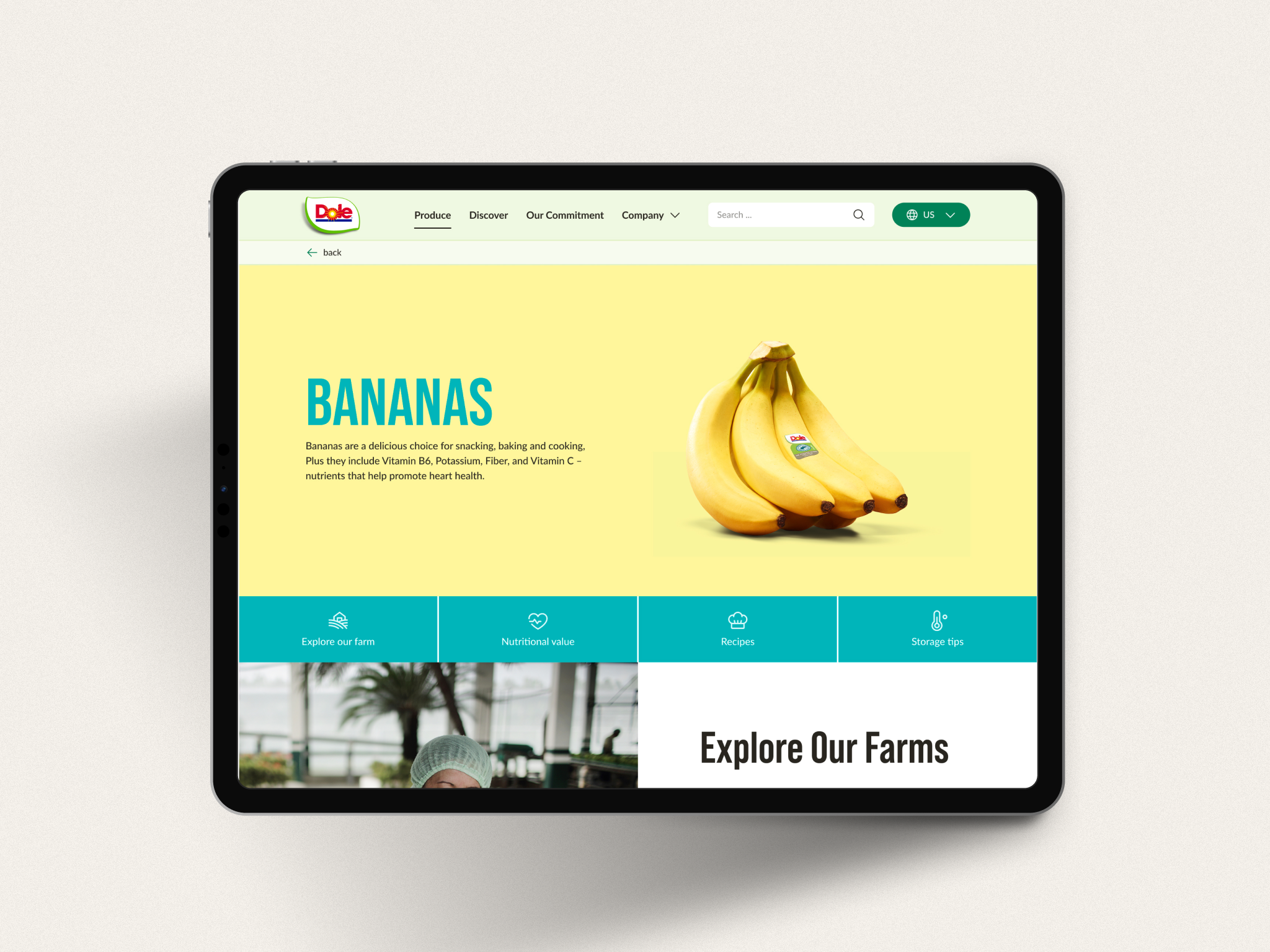
Conclusion
What used to be a manual labor-intensive task is now a streamlined, automated process — integrated, scalable, and embedded directly in the CMS.
The combination of AI-powered translation, intelligent workflows, and targeted quality assurance demonstrates how global communication works today: fast. Resource-efficient. Consistent. With distributed teams, country-specific requirements, and high content volumes, standard solutions are no longer enough.
What is needed is an automated translation management system that understands, optimizes, and seamlessly integrates individual processes. A system that lightens the load — not just in implementation but throughout the entire process. So that teams can focus on content, not translation lists.
Back to topWhy Drupal was chosen
Drupal was chosen as the optimal solution for several key reasons such as robust multilingual support, an SEO-friendly architecture, advanced content workflow & localization, scalability & performance as well as security & compliance.
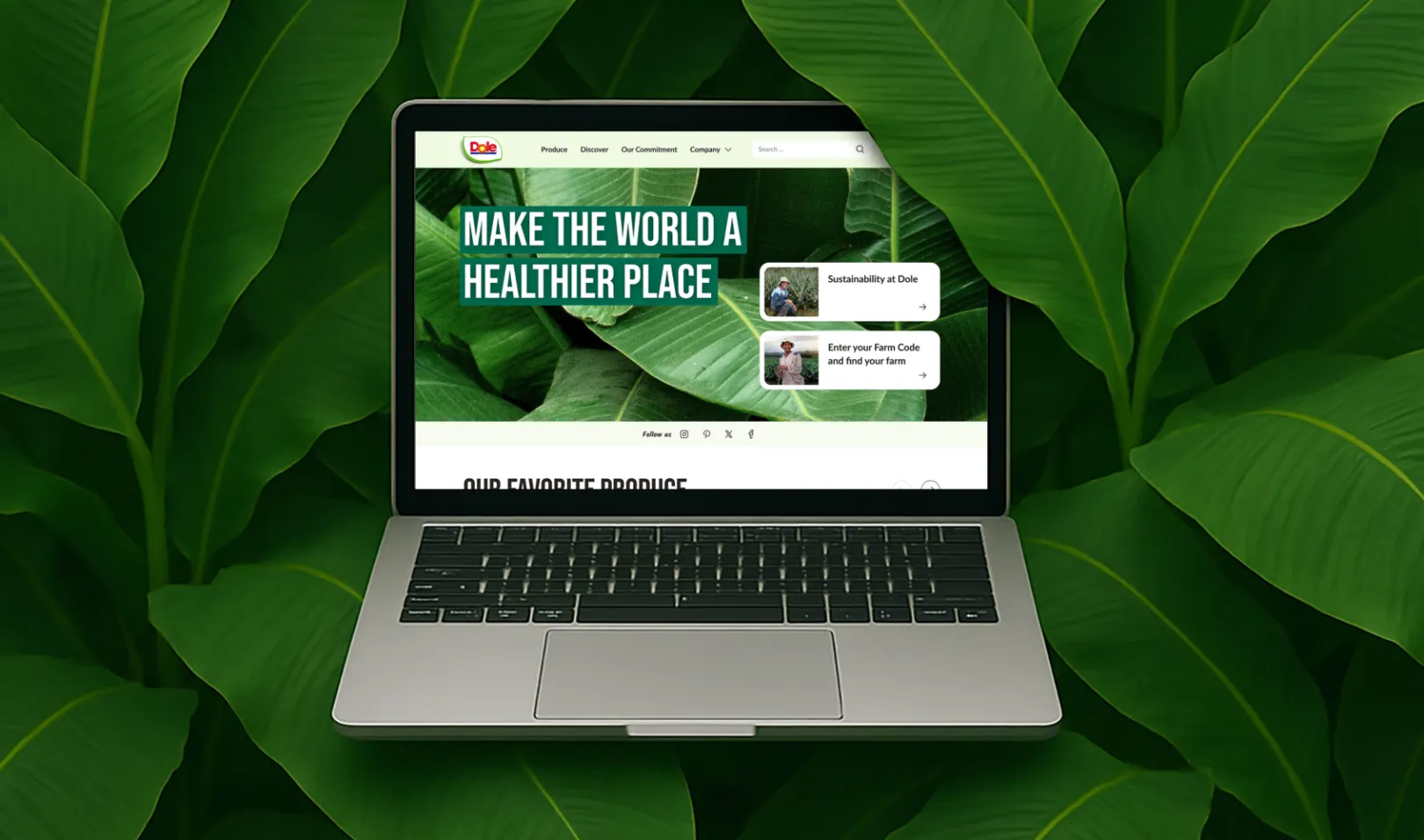
Technical Specifications
Drupal version:
Key modules/theme/distribution used:
Tagify: We are using this module in order to improve the UX/UI for entity reference fields. Dole has a lot of references where we are using images, for instances procudes, and Tagify is improving a lot the user experience of this kind of fields.
TMGMT: We are using this module in order to provide the best user experience for translation management, also including the way to do a batch of translation, like hundred or thousand at the same time saving a lot of time in the translation process.
RIFT: We are using this module to provide Quality-of-Life improvements for setting up and maintaining responsive images. The module offers a comprehensive toolkit for implementing responsive image strategies using modern HTML techniques.
Allowed language: Has been used as based to grain access to the content management based on allowed language per user.
OpenAI, ECA and ECA Metatag: Have been chosen to implement a custom AI-powered solution for automatically generating metatags upon content publication based on language.
Gin, Paragraphs, Layout Paragraph, and Iconify Icons: Have been chosen to enhance the user experience in content creation, ensuring a cleaner and modern user interface.
